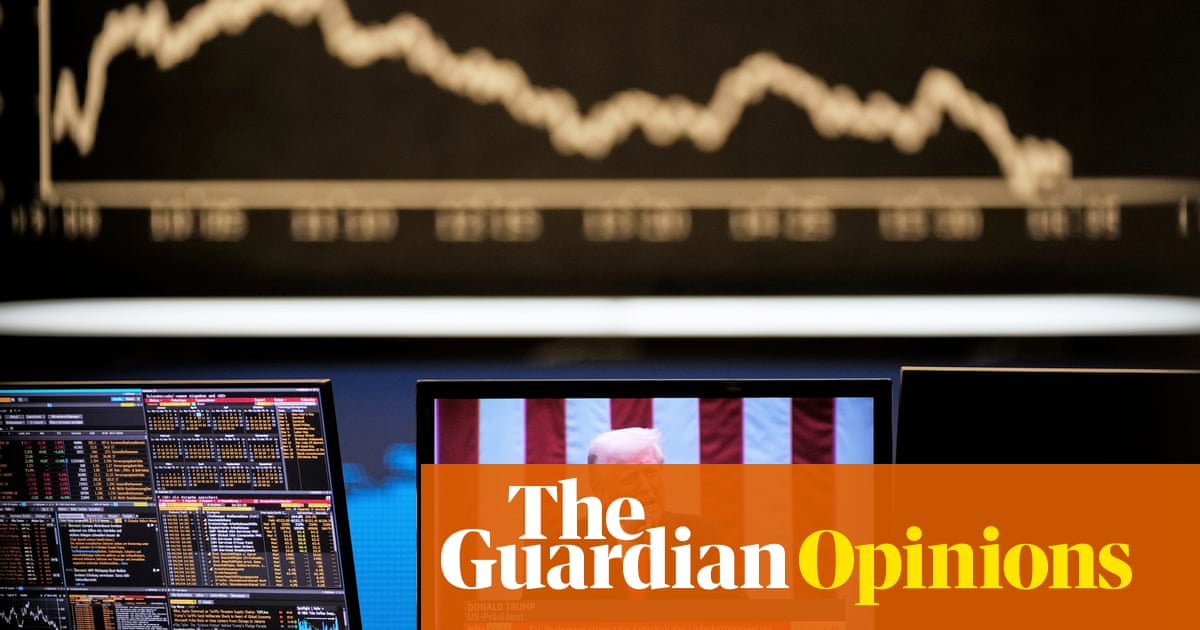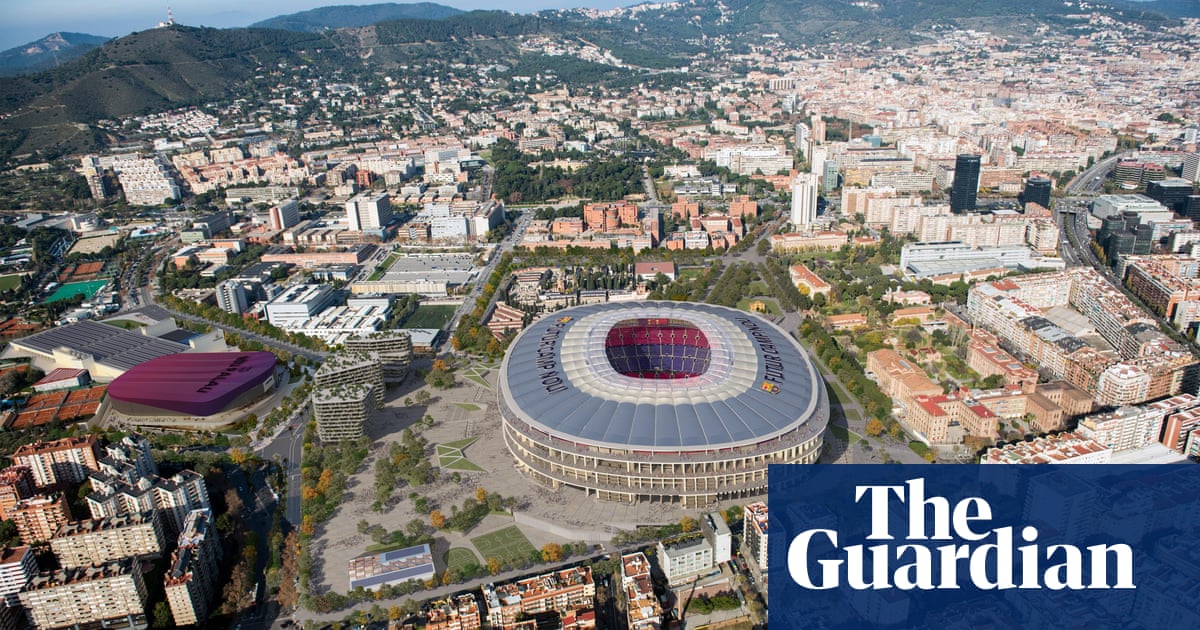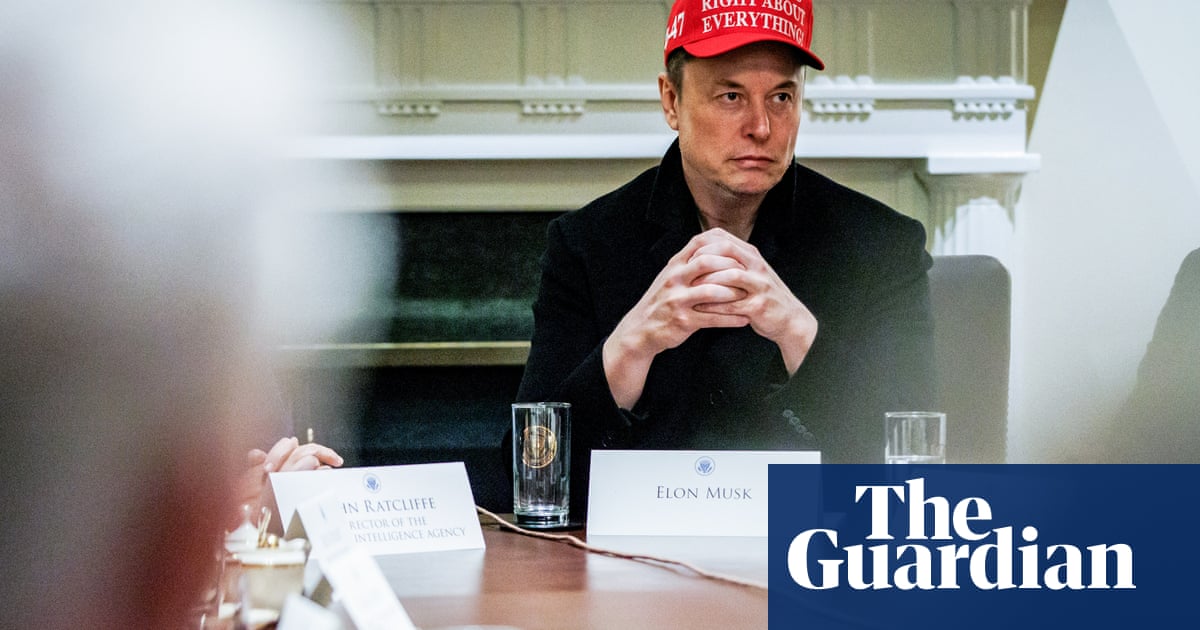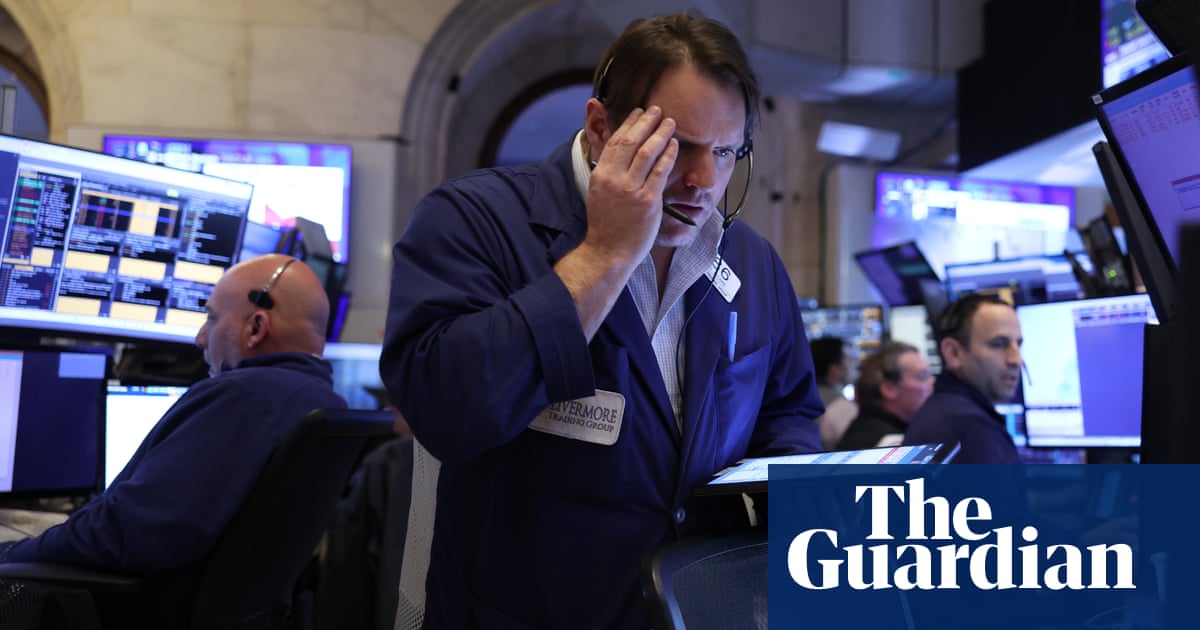The French president, Emmanuel Macron, has ruled out resigning, saying he will stay in power until the end of his term in 2027 and will appoint a new prime minister in the coming days, after the government’s historic collapse plunged France into political turmoil.
“You have given me a democratic mandate of five years and I’ll carry it out fully until its term,” he said in a televised speech to the French people late on Thursday.
Macron, who is facing the worst political crisis of his two terms as president, criticised what he called the “cynicism”, lack of responsibility and “sense of chaos” of opposition politicians who toppled the government in a no-confidence vote on Wednesday, ending the beleaguered minority coalition of the rightwing prime minister, Michel Barnier, after only three months.
Macron said he would not be held responsible for that chaos himself. He said: “I won’t shoulder other people’s irresponsibility,” He would appoint a prime minister “in the coming days” and instruct them to form a government “in the general interest, representing all political forces who can take part”, or who, at least, would undertake not to bring the government down, he said.
Wednesday’s no-confidence vote was supported by an alliance of leftwing parties as well as MPs from Marine Le Pen’s anti-immigration, far-right National Rally, with a total of 331 lawmakers – a clear majority – voting to topple the government. Macron accused Le Pen’s party of “choosing disorder”.
France, which faces a growing public deficit, risks ending the year without a 2025 budget or a stable government, although the constitution allows special measures that would avert a US-style government shutdown.
Macron must now find a prime minister to take on the difficult task of leading a minority government in a deeply divided parliament. It will be France’s fourth prime minister this year.
The Elysée Palace is keen to limit any impression of political chaos as Macron prepares to host world leaders on Saturday – including the US president-elect, Donald Trump – for the reopening of Notre Dame Cathedral in Paris after the devastating 2019 fire.
Macron said that by restoring Notre Dame and delivering the Olympics and Paralympics, France had shown “we can do great things … we can do the impossible”.
Yaël Braun-Pivet, the president of the national assembly and a member of Macron’s centrist party, said France could not be allowed to “drift” for long. “There must not be any political hesitation. We need a leader who can speak to everyone and work to pass a new budget bill.”
As France enters a period of political turmoil, the Elysée said Barnier’s government would deal with current day-to-day issues until a new government was appointed.
No new parliament elections can be called before July 2025, narrowing Macron’s options faced with a deeply divided national assembly.
Amid speculation over who could replace Barnier as prime minister , Macron had lunch with François Bayrou, a close ally and veteran centrist politician. The outgoing defence minister, Sébastien Lecornu, denied he was in the running himself.
Socialists, Communists and other figures in the left alliance said a new prime minister must come from the left. Bruno Retailleau, the hardline right interior minister in Barnier’s government, said the new prime minister should come from the right, saying “France is rightwing”.
Since Macron called a sudden and inconclusive snap election in June, the French parliament has been divided between three groups with no absolute majority. A left alliance took the largest number of votes but fell short of an absolute majority; Macron’s centrist grouping suffered losses but is still standing and Le Pen’s National Rally gained seats but was held back from power by tactical voting from the left and centre.
“We are now calling on Macron to go,” said Mathilde Panot, the head of the parliamentary faction of Jean-Luc Mélenchon’s leftwing party, La France Insoumise, who urged “early presidential elections”.
Le Pen conspicuously did not call for Macron’s immediate resignation, but she said pressure on him would grow.
A poll by Odoxa Backbone Consulting for Le Figaro found 52% of French people thought the no-confidence vote was a “good thing”. Among voters for Le Pen’s National Rally this rose to 72%. “The majority of National Rally voters think that all this is Emmanuel Macron’s fault,” Gaël Sliman, the head of the pollsters told Le Figaro. “But some [National Rally voters], 28%, remain worried about the potential consequences.”
Wednesday’s vote was the country’s first successful no-confidence vote since a defeat for Georges Pompidou’s government in 1962, when Charles de Gaulle was president. Barnier’s government had the shortest lifespan of any administration of France’s Fifth Republic, which began in 1958.
Barnier, the EU’s former Brexit negotiator, was appointed by Macron in September after two months of political paralysis this summer.
Barnier’s key task, which proved his downfall, was to vote through a budget for 2025 in which he said he would begin to tackle France’s deficit with €60bn in tax increases and spending cuts. But after weeks of standoff over the budget, Barnier on Monday pushed through a social security financing bill, using article 49.3 of the constitution, which allows a government to force through legislation without a vote in parliament. This sparked the no-confidence vote.
Barnier’s minority coalition had been propped up by Le Pen, who, although outside government, had an unprecedentedly powerful role as Barnier attempted to placate her to avoid her party joining a no-confidence vote. Barnier had negotiated with her directly, tapering the budget to her demands.
But Le Pen pulled rank, saying Barnier’s budget was a danger to the country. She told French TV on Thursday that the voting system should be changed and proportional representation introduced.
If parliament does not pass a budget by 20 December, the government can propose emergency legislation that would roll over spending limits and tax provisions from 2024, pending the arrival of a new government and a new 2025 budget bill.
“France probably won’t have a 2025 budget,” said ING Economics in a note, predicting that the country “is entering a new era of political instability”.
Moody’s, a ratings agency, warned that Barnier’s fall “deepens the country’s political stalemate” and “reduces the probability of a consolidation of public finances”.

 3 months ago
52
3 months ago
52













































